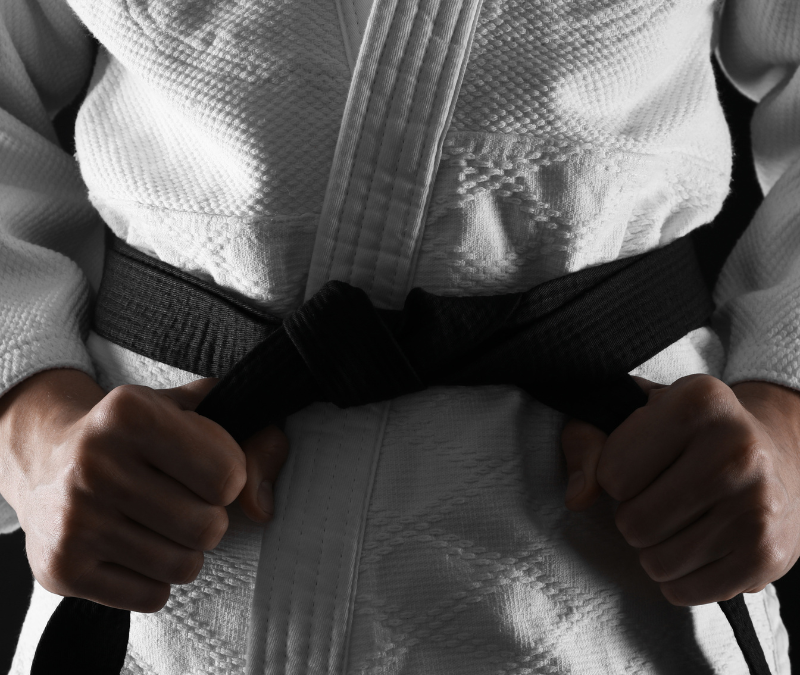- Don’t Argue. Logic and emotion are like oil and water: they don’t mix. When we argue we become emotional and don’t think clearly. As our emotions become heightened, the likelihood of us saying or doing something that we might regret later increases dramatically. Also remember, winning an argument does little to win respect or friendship.
- Don’t Blame. when you point the finger at someone else, three fingers point back at you. Blaming others generally means that you are a reactive person, Someone that’s unwilling to be held accountable for your actions. Blaming others puts emphasis and thought process on problems and not solutions.
- Don’t Criticize. It’s one thing to be constructively helpful and another to be unconstructively critical. The quickest way to kill morale is to criticize those on the team.
- Don’t Prejudge. Unfortunately, it’s very easy, and a terrible habit, to “judge a book by its cover.” Studies have shown that when one prejudges others, one is wrong as often as one is right. Those who prejudge miss out on a lot of potentially great relationships.
- Don’t be sarcastic. Although being cleverly sarcastic is often considered a sign of intelligence, and sometimes may be temporarily funny, it rarely serves any positive function. In reality, sarcasm only demoralizes and belittles and embitters. Remember, “please,” “Thank You”, and “May I ” said sarcastically are no longer the magic words.
- Don’t be too friendly. The Instructor/student relationship is a special thing. Of course, an instructor should be friendly with his/her students. Becoming a friend, however, can very easily corrupt the relationship. There’s a certain distance that should be kept which will serve the interest of both sides.
- Don’t be too Physical. There are several different aspects of being physical that a professional wants to avoid. First, make sure that your classes aren’t too physically demanding, especially at the beginner level. Second, make sure that students are paired off appropriately with physicality in mind (size, skill, intensity, etc.) Finally, no pats on the rear, inappropriate hugs, etc. Body contact between instructors and students should be kept to a minimum (high fives, handshakes, etc).
- Don’t Humiliate. The absolute quickest way to create resentment and friction is to humiliate someone, especially if it’s done in public. People that enjoy humiliating others usually have low self image and try to make themselves feel bigger by knocking others down.
- Don’t Be Condescending. A condescending person speaks down to those around them. It’s as if his/her worth is greater than others. The only function it serves is to alienate those around you. Watch your tonality and try to keep yourself from appearing ” Holier than thou”.
- Don’t hold a Grudge. Everyone makes mistakes; some people make them more often than others, you give them power over you. You are still letting them control you emotionally, We have been told hundreds of times that “small minds hold grudges, big minds leave them to heaven and move on”.
- Don’t Be Easily Offended. Give people the benefit of the doubt and assume that whatever questionable thing they said was not meant to be negative. People who are easily offended have a low level of emotional intelligence and maturity. When it is clearly apparent that an insult has been directed your way, just don’t accept it. Remember the phrase most of us learned as a kid ” I’m rubber, you’re glue, whatever you say bounces off me and sticks to you”.
- Don’t take all the credit. Nothing is more frustrating than when a team works hard and has some great success, only to have one person say, “I did it ” Build your team by giving as much credit as possible to those around you.
LIFE SKILLS
Speak the Truth
Ask for what you Want
Keep your agreements
Take responsibility for your actions
Raise Your standards
DO IT NOW!!! – IT IS POSSIBLE!


